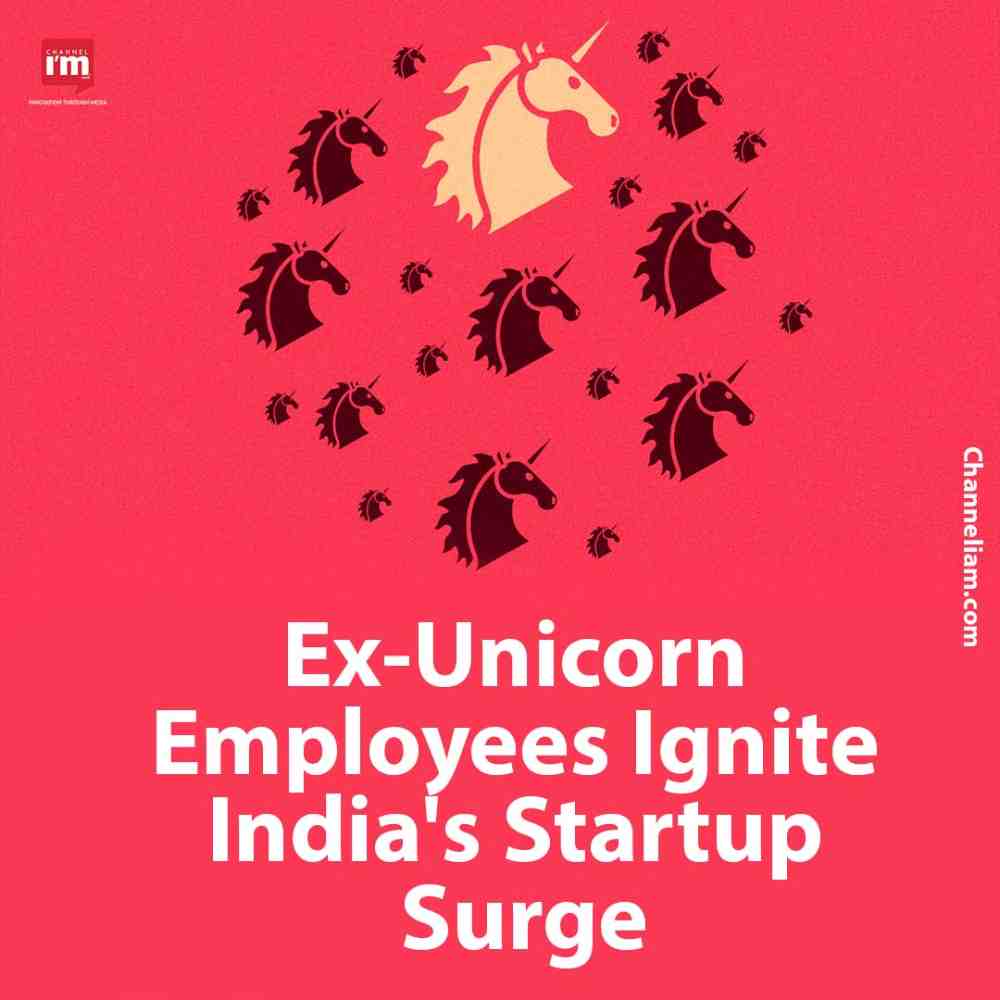Former Employees of Indian Unicorns Fuel Surge in Startup Ecosystem.

Record Inflow of Venture Capital Spurs Wave of Entrepreneurship
The Indian Startup ecosystem, now the world’s third-largest, is witnessing a surge in entrepreneurship driven by hundreds of former employees from major unicorns. Drawing on abundant venture capital investment, these founders have launched 253 startups, fueling discussions about a new phenomenon called the “startup mafia.” Notably, these entrepreneurs, who have all secured venture funding, were previously employed at renowned companies like Zomato, Zoho, Freshworks, Paytm, Snapdeal, Ola, and others. The list is based on data analysed by Longhouse Consulting. With unique skill sets and experience, these founders are attracting attention from investors and reshaping India’s startup landscape.
OYO and OLA Lead in Entrepreneurial Activity
Among the former employees turned founders, SoftBank-backed Oyo has the highest number of entrepreneurs with 60, followed by OLA with 51. B2B ecommerce startup Udaan, co-founded by former Flipkart executives, has 29 founders, while software-as-a-service startup Freshworks boasts 28 founders. These findings, presented by talent advisory firm Longhouse Consulting, focus solely on startups born out of the mentioned companies. The data considered startups formed until the end of 2022 and excluded executives from Flipkart, PhonePe, and Myntra. Indian founders are now exploring more indigenous ideas, leading the way in innovation, particularly in fintech and SaaS sectors.
The Genesis of the “Startup Mafia” Phenomenon
The term “Startup Mafia” draws inspiration from the renowned “PayPal Mafia” and refers to former employees who embark on their own entrepreneurial journeys. Executives graduating from successful startups possess valuable skills and domain expertise, making them attractive to investors. With deep insights and the ability to solve complex problems, these experienced founders mitigate product-market fit risks and focus on effective go-to-market strategies. Investors recognize their thoughtful approach to business-building, resulting in efficient use of capital. The current macroeconomic downturn and funding slowdown are seen as opportunities for these executives to build companies, given their experience and financial stability.
Cultural Influence and Efficient Team Building
Executives who have worked at startups and scaled businesses demonstrate efficiency in hiring and building teams. Their prior experience equips them with valuable networks and the ability to make informed hiring decisions. The culture of successful companies like Zoho and Freshworks continues to influence these entrepreneurs, fostering trust, respect for decision-makers, and a focus on individual responsibility. Learnings from past organizations have contributed to the development of best practices and improved leadership skills. Former employees aspire to support and mentor others, fostering a cycle of entrepreneurial growth within the ecosystem.
